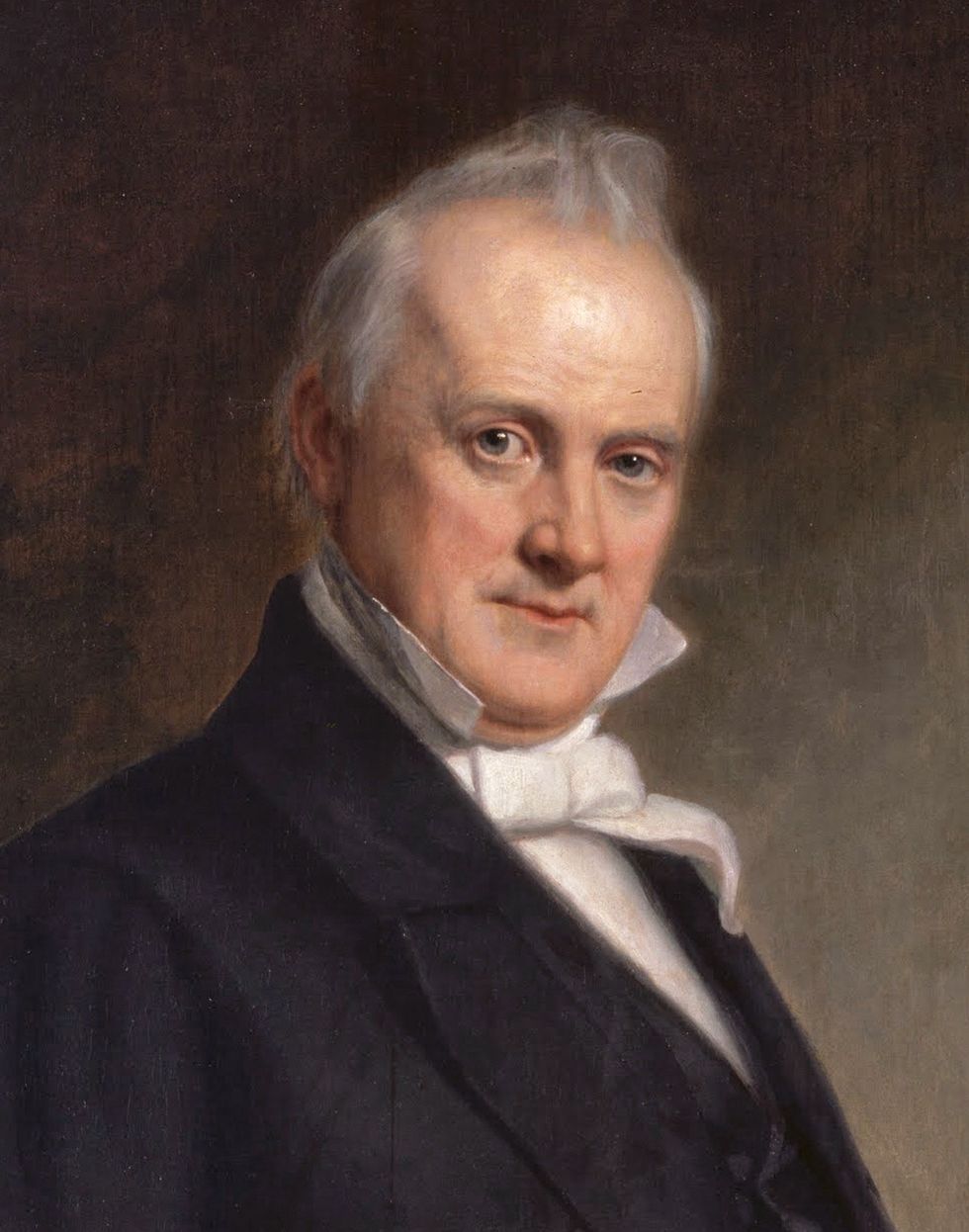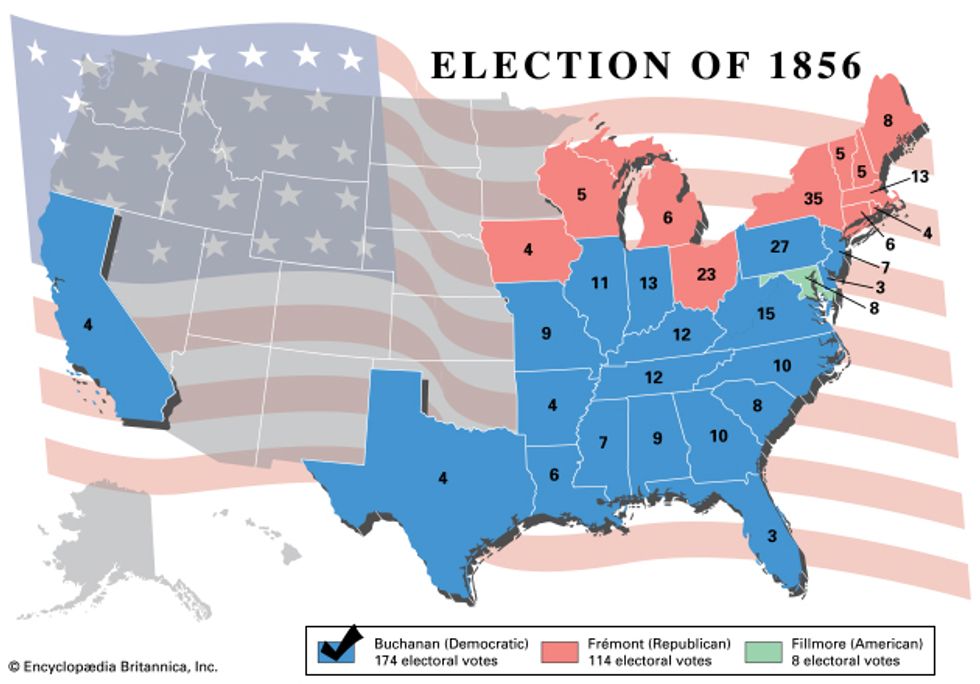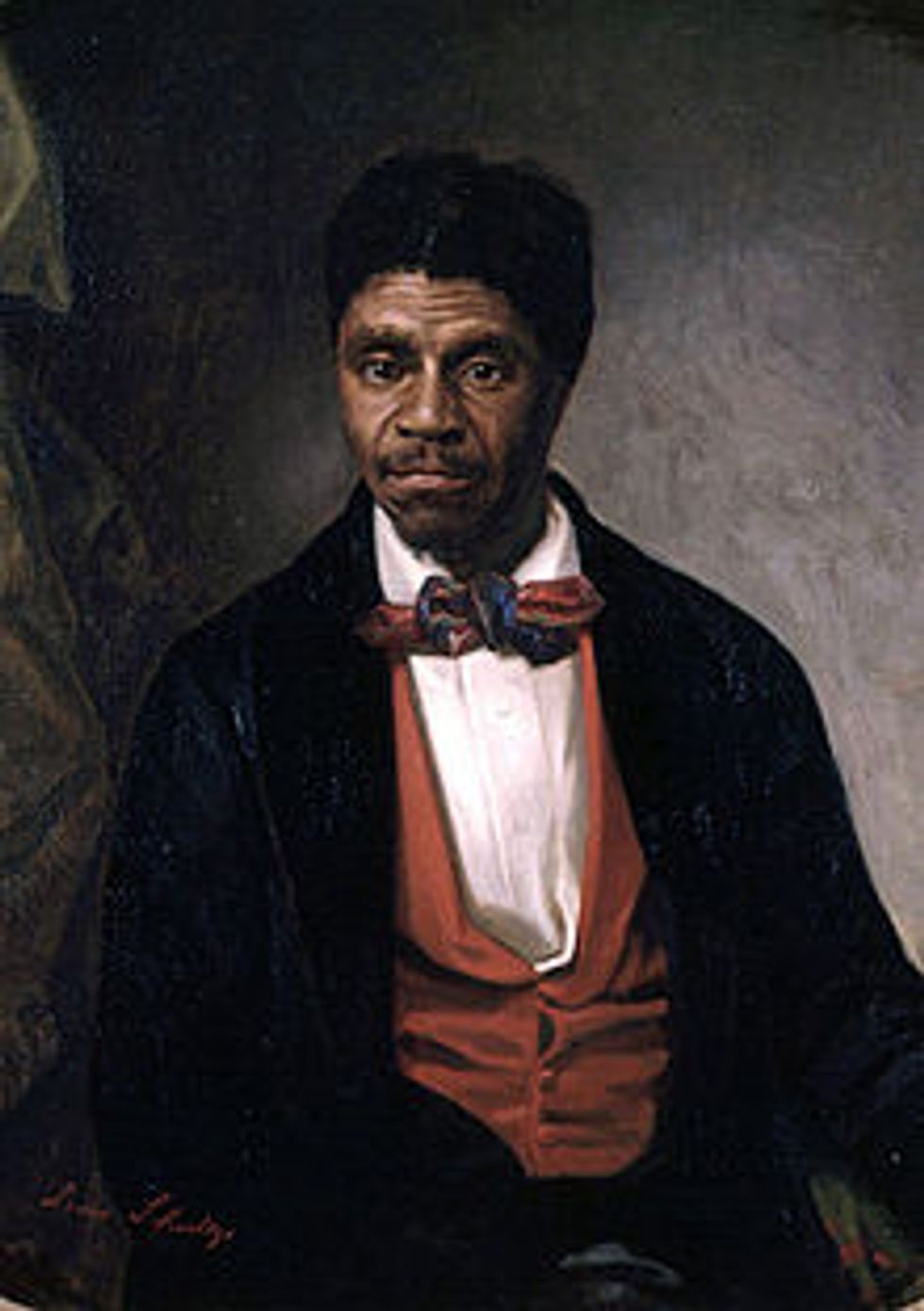When an individual is elected to the presidency without any experience that has benefitted past presidents, it is not a surprise when they turn out to lack the leadership ability required for the nation's highest office. How then are we to explain the presidency of James Buchanan? If the 44 men who have been elected president submitted resumes, Buchanan's would be one of the most impressive.
He graduated with honors from Dickinson College, studied law, became a successful attorney, was a member of the Pennsylvania Legislature, was a member of both the House of Representatives and the Senate, served as minister to Russia and Great Britain, and was James K. Polk's Secretary of State. Based solely on his credentials, Buchanan should have been a successful president, instead, many historians rank him as the worst.
Part of Buchanan's problem is that he is followed by Abraham Lincoln, who is often ranked as the best president. Comparing Buchanan's performance to Lincoln's is not very fair, so we won't. The antebellum presidents, from Martin Van Buren to James Buchanan, with the exception of James K. Polk, are often seen as weak or poor presidents. Even when one compares Buchanan to a group of weak presidents, he is still the worst. So what happened to our most qualified president?
In 1856, Buchanan won the presidency, defeating the first Republican presidential candidate, James Fremont and the Know-Nothing candidate, Millard Fillmore. Throughout his political career, Buchanan had aspired to the presidency, but now that he had won it, he wasn't sure he wanted it.
Prior to the election, Buchanan was quoted saying, "I had hoped for the nomination in 1844, again in 1848, and even in 1852, but now I would hesitate to take it. Before many years the abolitionists will bring war upon this land. It may come during the next presidential term." His premonition of war was correct, but he would have a principal role in bringing it on.
Although Buchanan came from Pennsylvania, he was considered a "doughface," because his sympathies were primarily with the South. He believed in a strict interpretation of the Constitution. In his interpretation of the Constitution, slavery was protected and the federal government could not do anything to end it. At the time of his election, the Supreme Court was hearing Dred Scott v. Sandford.
Dred Scott was a slave from Missouri, who was suing for his freedom because his master had taken him into Illinois, where slavery was illegal. Two days after Buchanan's inauguration, the Supreme Court ruled against Scott claiming that slaves were not citizens of the United States and had, "no rights which any white man was bound to respect."
Buchanan had influenced the Court's decision by persuading the northern justices to side with the southerners. He also instructed Chief Justice Roger B. Taney to make the verdict settle the slavery question once and for all.
In his majority opinion, Taney, a slaveholder himself, stated that the Missouri Compromise, and any other legislation that limited slavery was unconstitutional. Buchanan believed that the Dred Scott Decision settled the issue of slavery, which was splitting the country apart, but instead, it brought the country closer to war.
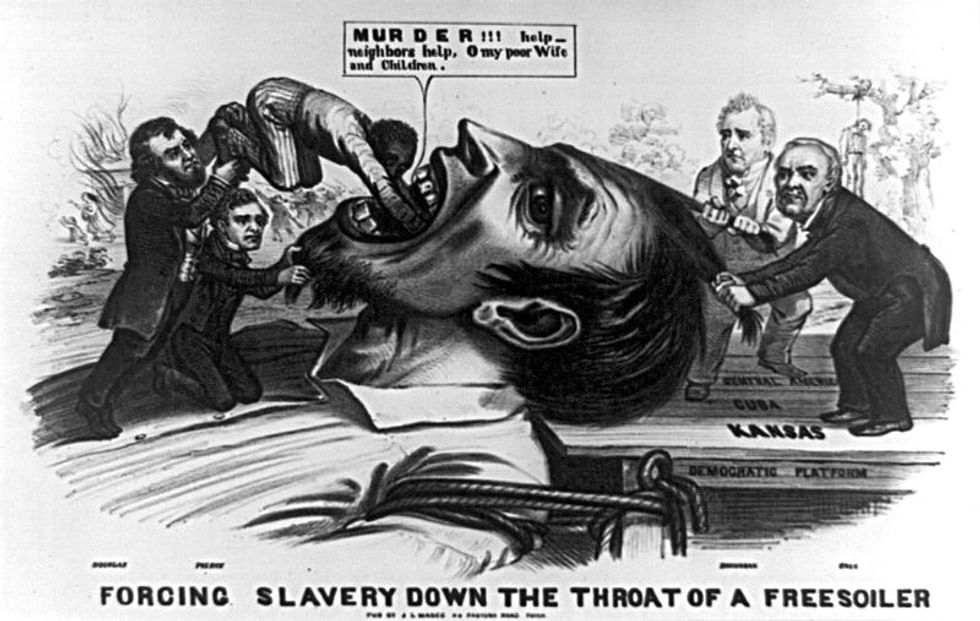
Buchanan's next act to appease the southerners regarded Kansas. Prior to Buchanan's presidency, Stephen Douglas pushed through the Kanas-Nebraska Act, which stated that the future of slavery in the Kansas and Nebraska territories would be decided by popular sovereignty. As a result, pro-slavery "border ruffians," flooded into Kansas from Missouri and established a pro-slavery government in Lecompton.
Free-soilers set up another government in Topeka. During Buchanan's presidency, the Lecompton government submitted a pro-slavery constitution to Congress to be ratified, which would make Kansas a slave state. Although it was reported that the Lecompton Constitution represented the minority of the population and the territorial governor urged Buchanan to reject it, Buchanan lobbied Congress to accept it.
Stephen Douglas went against his president and fought against the Lecompton Constitution. In the end, it was agreed that the constitution would be sent back to Kansas for a referendum, which overwhelmingly voted against the Lecompton Constitution. In June 1861, Kansas came into the Union as a free state. Buchanan's battle with Stephen Douglas over the Lecompton Constitution essentially split the Democratic party between northerners and southerners, which guaranteed a Republican victory in 1860.
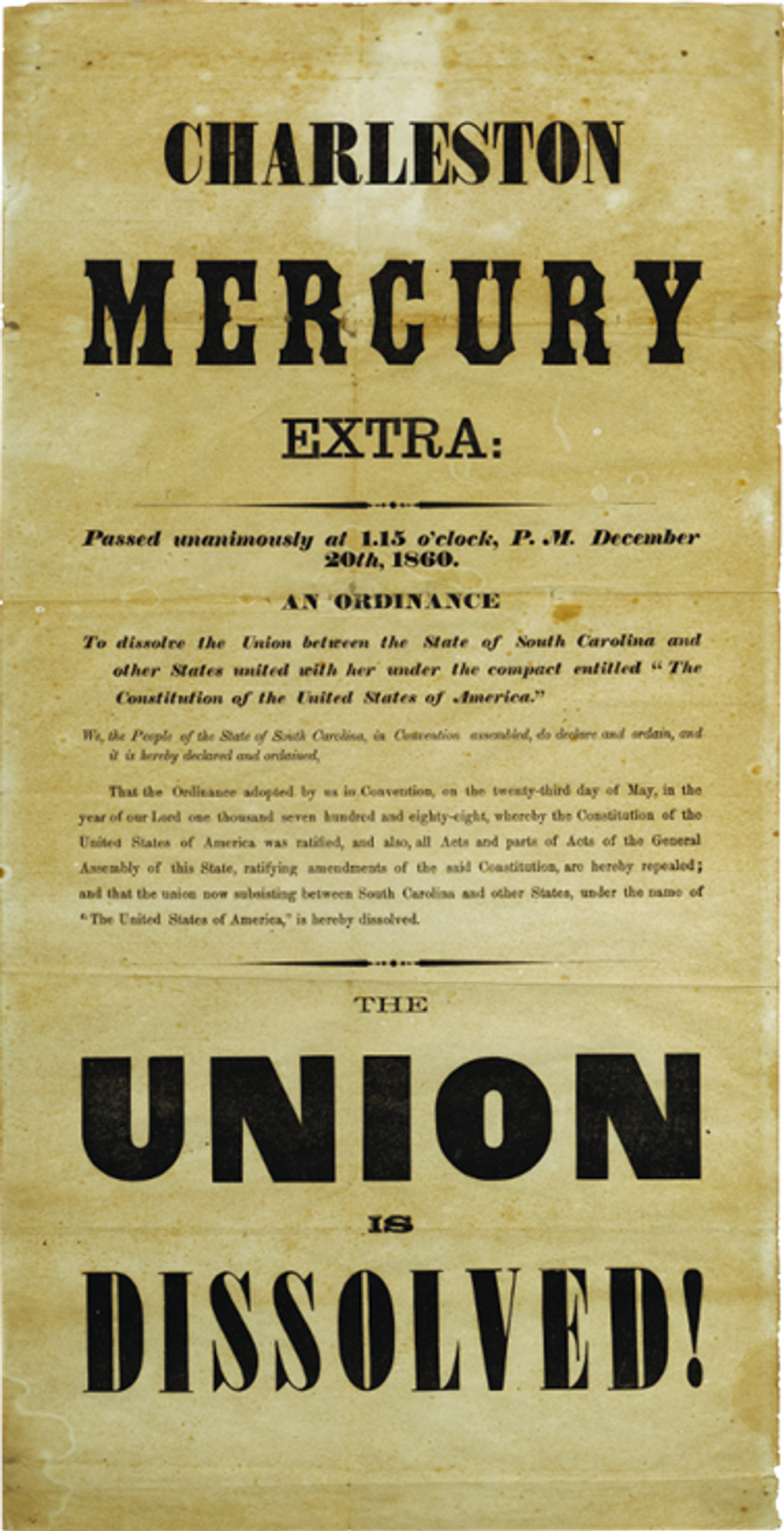
In 1860, the Democratic Party had a northern nominee in Stephen Douglas and a southern nominee in John Breckinridge. Without a national nominee, the Democrats lost to the Republican nominee, Abraham Lincoln. On December 20, 1860, six weeks after Lincoln's election, South Carolina became the first state to secede from the Union. In another six weeks, six other states joined South Carolina.
Although Buchanan claimed that secession was illegal, he also believed that the federal government did not have the authority to prevent it, and he did very little. In fact, when Robert Anderson, the commander of the garrison in Charleston, moved his troops from the indefensible Fort Moultrie to Fort Sumter, angering South Carolinians, Buchanan came very close to ordering him back. Part of Buchanan's problem was that he sought advice from his cabinet members, especially John Floyd and Howell Cobb, who supported secession.
Buchanan did try to resupply Fort Sumter in January 1861, sending the unarmed steamer Star of the West. South Carolina batteries opened fire on the Star of the West, forcing it to turn around. Although this could have been considered the opening shots of the Civil War, Buchanan simply ignored it.
So, it is true that Buchanan avoided war with the South, but in doing little to nothing, he gave the South much needed time to organize their Confederacy. When Abraham Lincoln assumed the presidency in March 1861, his work was cut out for him.
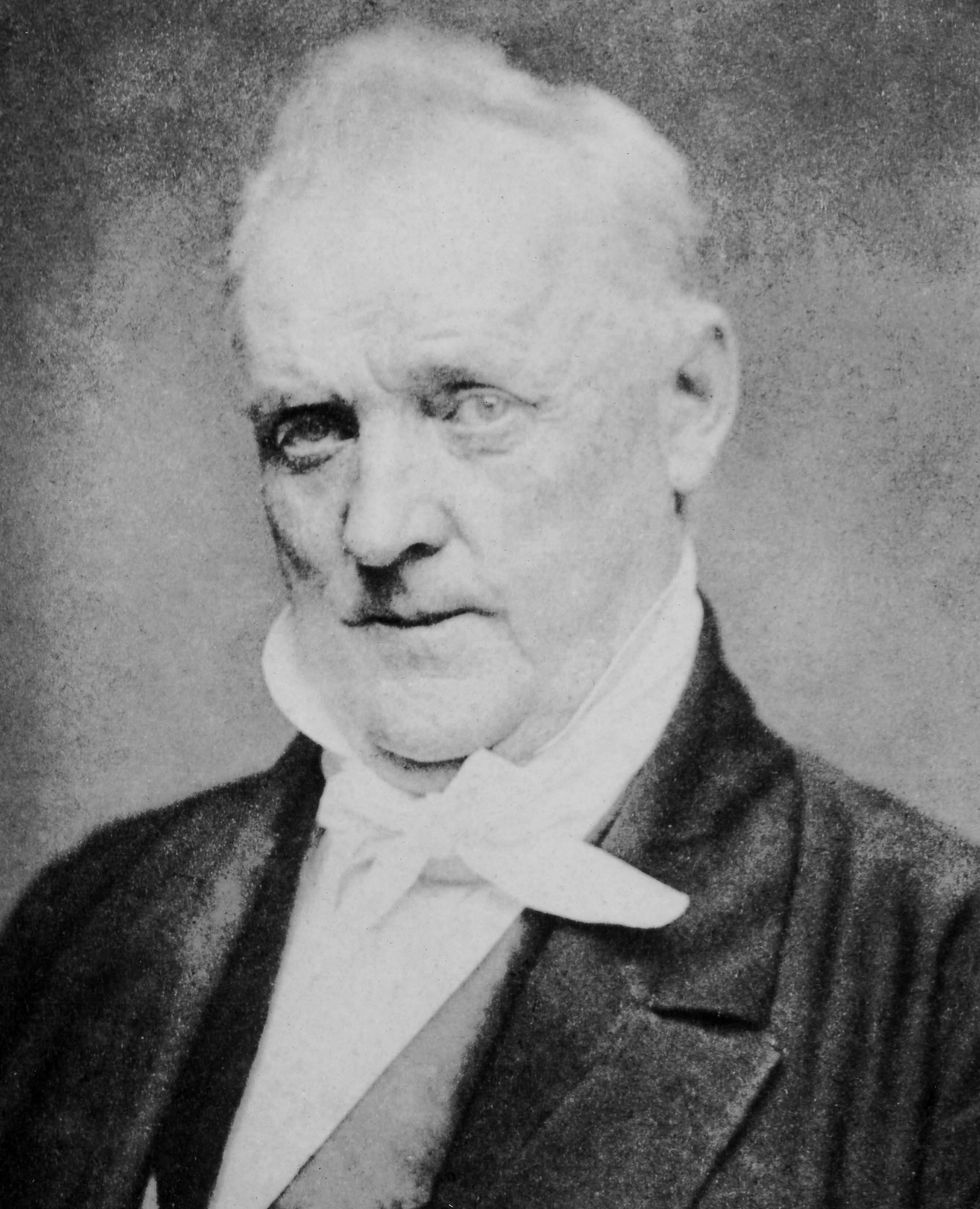
Does James Buchanan deserve his reputation as one of the worst, if not, the worst presidents of the United States? Some may argue that the events he faced were beyond his control, but that is not true. Buchanan believed in a strong executive and made clear executive decisions, supporting the Dred Scott Decision as well as the Lecompton Constitution, but these decisions turned out to be detrimental to the survival of the Union.
Buchanan could have used his executive power to prevent secession, but, much like his predecessors, Millard Fillmore and Franklin Pierce, Buchanan's decisions consistently benefitted southern interests and alienated the North. Even as the South was illegally seceding, Buchanan continued to seek their support. So, yes, Buchanan does deserve to be considered one of the worst presidents. Although the Civil War began under Lincoln, it was Buchanan who allowed it to get that far.

